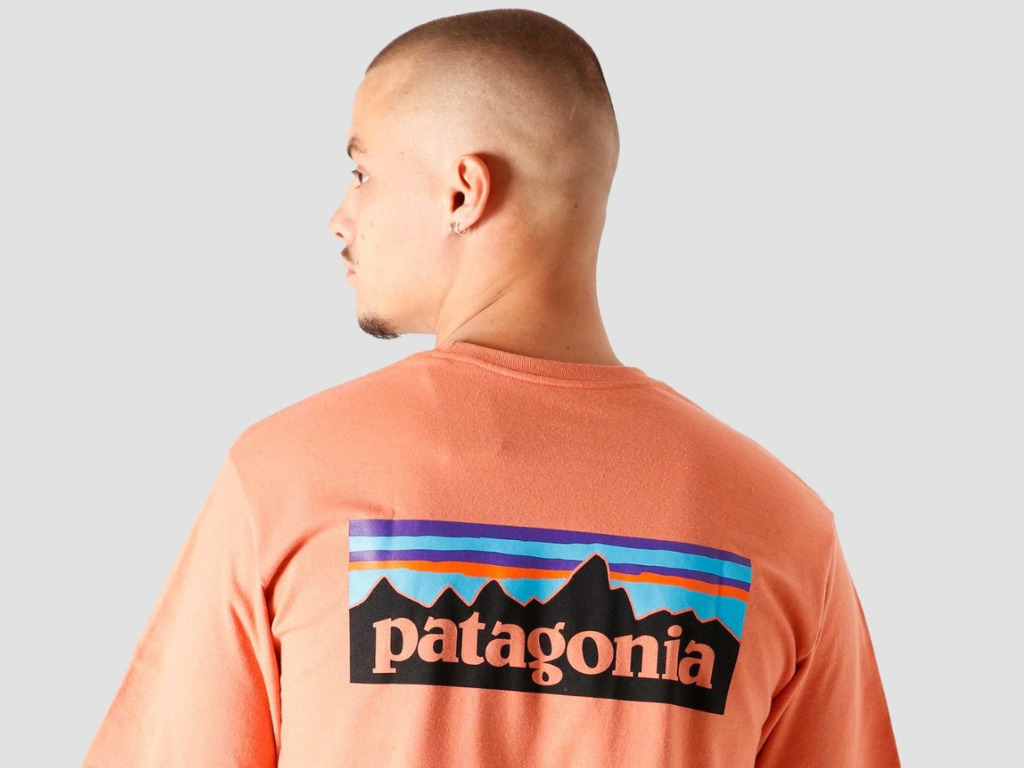4 Mins Read
More than 8 in 10 consumers believe that sustainability is an important attribute for brands, a new consumer perception survey has found. The U.S. poll also found that over 70% of shoppers now value sustainable products more than they did a year ago, and identified Bombas, Patagonia and The North Face as brands faring well with active-lifestyle consumers.
Consumers believe that sustainability is a top priority for brands and are increasingly willing to pay a premium for those that demonstrate ethical practices, a new U.S. consumer survey has revealed. Conducted by financial firm Stifel and data intelligence company Morning Consult, the research revealed that 83% of consumers stated it was “important” for brands to act sustainably, of which 39% went further to say it was “very important”.
The poll involved more than 4,700 consumers aged between 18 and 55, examining their attitudes and perceptions of active and casual lifestyle brands.
Shoppers also demonstrated a rising awareness of sustainability and willingness to factor in environmental and ethical issues in their purchases, with 71% reporting they care more about purchasing sustainable items compared to a year ago. 58% of respondents said they would begin buying fewer items too, in the name of sustainability.

The empowered and connected consumer is armed with more available information about products and brands than ever before, and we are seeing increasing emphasis on sustainability in personal values and buying behaviour.
Jim Duffy, Consumer & Retail Managing Director, Analyst, Stifel
“We believe consumer appreciation for sustainable brands is reaching an inflection point,” commented Jim Duffy, consumer and retail managing director and analyst at Stifel.
“The empowered and connected consumer is armed with more available information about products and brands than ever before, and we are seeing increasing emphasis on sustainability in personal values and buying behaviour.”
Over two-thirds of consumers (67%) said they would pay more for brands demonstrating sustainable practices. Already, over half of the cohort surveyed said they regularly buy more expensive items because of their sustainability, racial equality and ethical business practice claims.
In addition to paying more for value-led brands, nearly half (46%) said they are actively choosing not to buy products or boycotting the brand altogether if they fail to demonstrate environmental, social, and ethical business practices.
These findings align with a previous survey conducted in June 2020, which found a majority of shoppers are more likely to buy from brands that have taken a public stand on issues important to them, the top two concerns being the environment and social and racial equality.

Gen Z consumers have shown to be among the most conscious spenders by demographic, with a number of consumer studies showing that younger generations are more likely to factor in brands’ values in their spending decisions, and are a major driver of demand in sustainable industries like the plant-based meat and secondhand fashion sectors.
We expect sustainability will prove a source of competitive separation for leading brands in the coming years, while brands that are underinvested will be left behind.
Jim Duffy, Consumer & Retail Managing Director, Analyst, Stifel
The latest Stifel research further assessed consumers’ perceptions of a number of U.S. active and casual lifestyle brands to compile an index to rank companies’ performance against sustainability metrics. Data revealed that Bombas, Patagonia and The North Face scored the highest among shoppers, closely followed by Adidas and Allbirds.
Analysts said these companies who have performed well have managed to “stake their brand identity on matters of corporate responsibility and environmental sustainability.”
In a follow-up survey that involved over 5,200 consumers across the U.K., Germany, France, Italy and China, the report revealed that U.S. consumers were more likely to factor in sustainability than their Chinese counterparts, but less so compared to European markets.
However, the sustainability trend was observed across the board, with consumers across every region polled showing a higher consideration for sustainability and ESG practices of brands’ than previous surveys.
“Brands will continue to compete on innovation, product quality, customer experience, and value, but sustainability is becoming another key factor in the minds of consumers,” said Duffy.
“We expect sustainability will prove a source of competitive separation for leading brands in the coming years, while brands that are underinvested will be left behind.”
Lead image courtesy of iStock.




